CE: Guys, thanks a ton for taking the time to talk to us today. Read in a recent newsletter that as of July 5, all your Centennial hops have been sold and contracted out for 2016. Who are some of your customers?
Moran: In the Northern Michigan area, we’re excited to be working with Stormcloud in Frankfort, The Filling Station Microbrewery in Traverse City and The Hop Lot Brewing Co. in Suttons Bay. In Jackson we are proud to have Grand River Brewing on board, a brewery that has been fully committed to Michigan ingredients. It’s great to see the success that they’ve had with Michigan grown hops and barley. We also have customers like Spindle Tap in Houston, and Crooked Can down in Florida who have been with us since day one. Larger buyers like Bell’s and Haas have also helped to make this first year a big sales success for us. They and other Michigan brewers like New Holland Brewing Co. and Founders have given us amazing support and advice and hopefully we’ll be able to continue these relationships for years to come.
CE: That’s so essential to have that support. Speaking of which, what advice would you give to craft brewers who are shopping for hops? What sort of quality and support should they expect?
Moran: I understand brewers and operations managers are extremely busy, but researching their suppliers and knowing how their products are being produced and handled are a must. Here in Michigan and at the national level there’s been a lot of discussion about quality, not just at the brewing level, but at the farming and processing levels as well. Brewers need to be more aware of the growing, handling and processing processes that are being used to make their ingredients.
Every month we’re visited by some very influential voices in the Michigan Craft beer community, and they want to know everything about our process. Who’s manufacturing our pelletizing equipment? How are we monitoring our drip line irrigation? What chemicals and fertilizers are we using? What are we doing with the bi-products from our operations? We have designed our systems and processes around this quality discussion and are focused on meeting the food quality standards that our customers are increasingly demanding. Our farm is MAEAP certified, and our stripping and drying operations are fully automated with the only hands touching the product all the way up to the baler being those of the workers initially hooking the bines onto the Wolf 1000 Stripper.
CE: What insights can you share about hop contracting?
Moran: Contracts are extremely important for a number of reasons. They hold both parties responsible by defining the terms of the relationship up front, and they also provide some security and continuity to the relationship between the grower and brewer. Everyone is making significant investments to grow this overall industry, and contracts provide a sort of safety net for both sides during this process. They add a level of assurance that helps all parties to feel more secure and have a longer term consistency to their business. Our contracts are very transparent, and our customers are allowed a period of time to inspect their hops for freshness and quality before accepting them. We’re in this for the long haul, and we want to build relationships and work with breweries who truly care about the hops they’re brewing with.
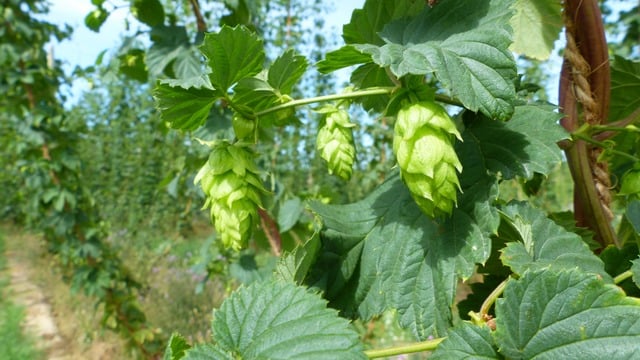
CE: What have you learned about hop growing over the last few years? Can you mention a few learning lessons and growing pains that you didn’t expect?
Moran: The biggest thing I would say would be to do your research and align yourself with the right people. There is a lot of hype out there right now, and I think that people are jumping on the bandwagon before they’ve really learned what they are getting themselves into. Farming is not simple. Neither is processing and selling. Hops are a durable plant but temperamental in their own way. It’s great having Dan and Alex Wiesen on our team from Empire Hop Farms because they’ve been through eight years of growing in Michigan and have learned, often through trial and error, what works and what doesn’t work. That experience is benefiting us immensely. Our Farm Manager Joe Brulotte came to Michigan from Washington and has given us generations of valuable experience, and he’ll be the first to tell you that conditions here are different than those in Washington. Some things that work out there just don’t work here in Michigan. For example: Fuggle just doesn’t seem to grow well in our area, and we’ve had to scratch it from our variety list. The varieties we’ve chosen to grow thrive here, and if you visit you’ll see that our first year crop is looking extremely strong as a result. We feel that there are varieties that will probably grow here better than in the Pacific Northwest.
Even with all of the research that we did and the great people that we have on board, we have faced some challenges that we did not anticipate. Soil conditions in areas where we moved earth have caused some unanticipated issues in this first growing year and wetlands, utility easements and local regulations have also presented challenges from time to time.
CE: Your hops have already gone beyond Michigan’s borders, and you no doubt have high hopes for it to become a staple product for Midwest craft breweries and beyond.
Moran: I reference Michigan a lot because as a state we’re excited about the craft beer scene here, but I’m extremely excited about the craft beer scene in the Midwest as a whole. I know our company wants to be the resource for hops in this part of the country, and we’re investing in the infrastructure to do so. About a hundred years ago the Michigan hop industry was wiped out almost overnight due to downy mildew and Washington, Oregon and Idaho picked up the responsibility for the rest of the country. Because we’ve gotten better at farming the hop, and understanding the science of how to care for them in our area, we’ve been able to significantly mitigate the danger of downey mildew and other threats more specific to our growing region. This, the growing craft beer scene in the Midwest and the abundant natural resources have all combined to give us and other great growers and processors the opportunity to bring an industry back to life here in Michigan.

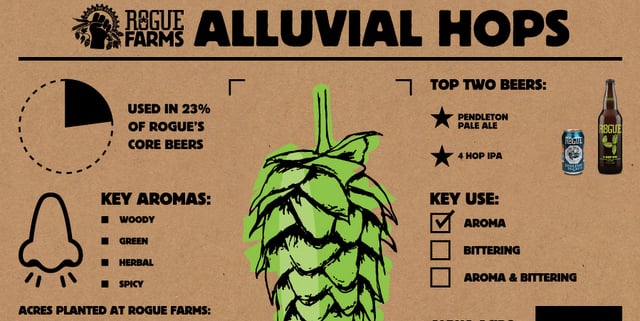
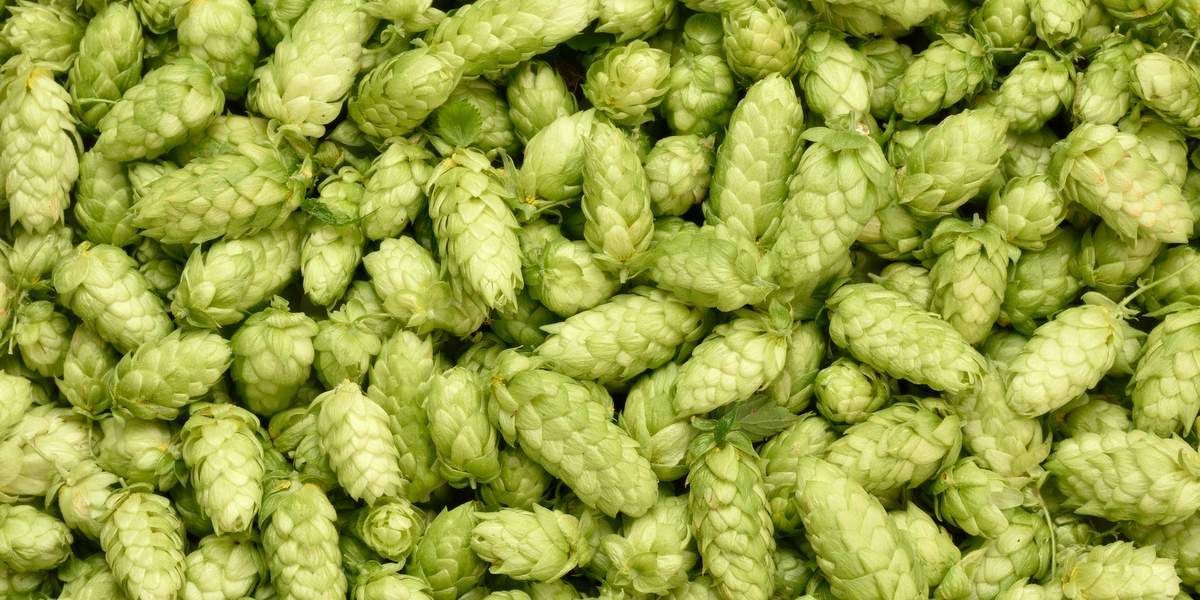
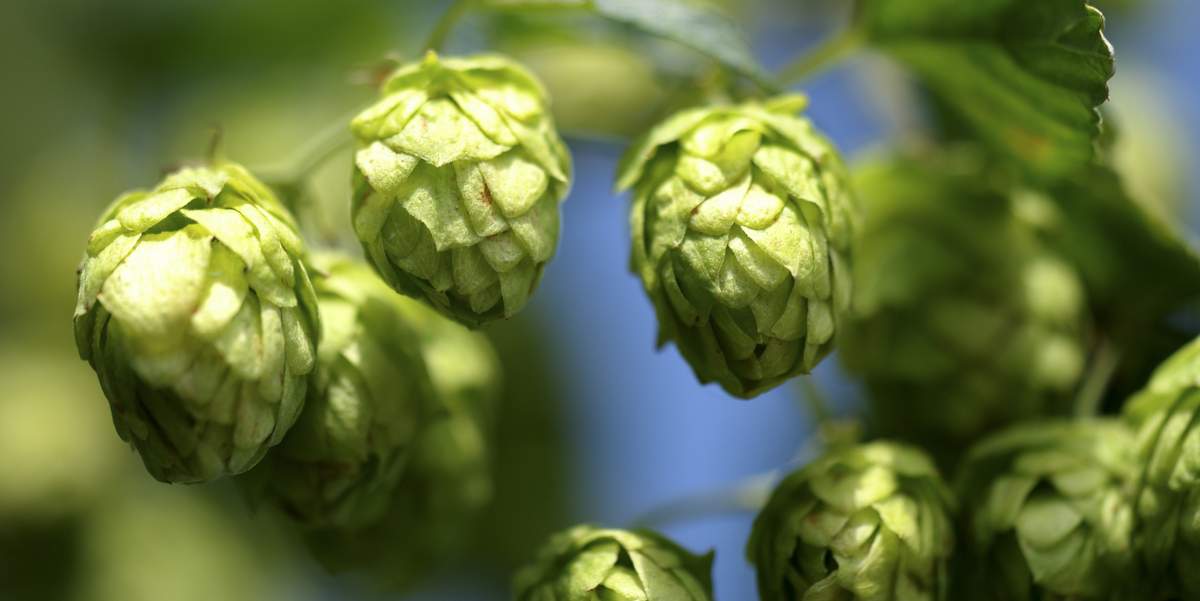
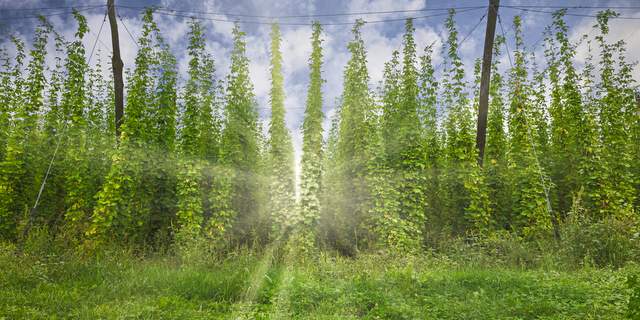

Great things in northern MI! The story of MI Local Hops and the history of Michigan hops https://t.co/CTTB6XdSAv via @craftbrewingbiz #Hops
Michael Moran liked this on Facebook.
RT @CraftBrewingBiz: Do you know about Michigan Copper? Check out this hot hop in our MI Local story @MILocalHops https://t.co/ImnRwzl2PO h…
RT @CraftBrewingBiz: Do you know about Michigan Copper? Check out this hot hop in our MI Local story @MILocalHops https://t.co/ImnRwzl2PO h…
#CraftBeer #CraftBrewing #Beer #BeerBiz MI Local Hops wants to help Michigan resurrect its rich hop growing her… https://t.co/pB0LY5bgRT
Beargrylls Sum liked this on Facebook.
RT @crsimp01: The story of MI Local Hops and the history of Michigan hops https://t.co/7rwJKfA8nk via @craftbrewingbiz
The story of MI Local Hops and the history of Michigan hops https://t.co/7rwJKfA8nk via @craftbrewingbiz